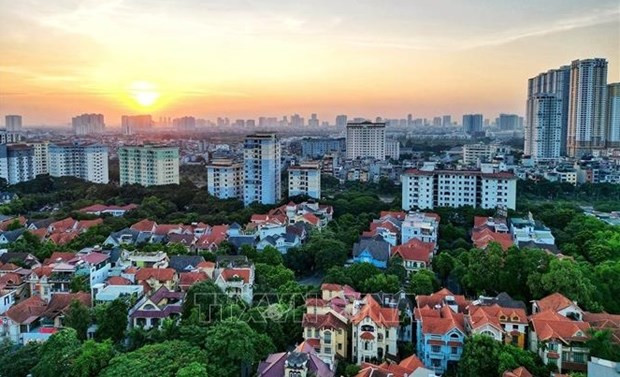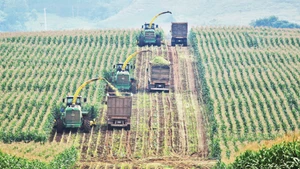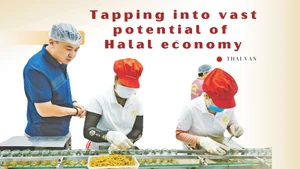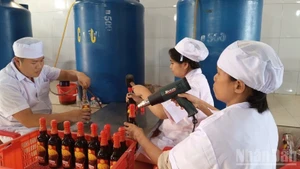According to Savills Vietnam, despite numerous challenges, the interest of foreign investors in the Vietnamese market in general and real estate in particular continues to expand. Fitch Ratings recently upgraded the country’s long-term national credit rating from BB to BB , with a "stable" outlook. In 2024, Vietnam's GDP growth rate is expected to reach 6-6.5%, thanks to stable foreign direct investment (FDI) and the Government’s efforts to address real estate challenges, increase public investment, and implement growth stimulation policies in a timely manner.
About 85% of the rapidly growing companies in Vietnam are committed to the environmental, social, and corporate governance (ESG) standard, creating an increase in demand for green-standard office space in the market. By 2026, Ho Chi Minh City is expected to provide 300,000 more square meters of new Grade A office space, such as The Nexus project or VP Bank Saigon Tower. Moreover, over 80% of the future Grade A and Grade B office supply in the southern economic hub will meet green standards.
Meanwhile, between now and 2026, Hanoi will see 15 new projects offering over 389,770 square meters of working space, with Grade A offices expected to account for 86% of the future supply. Green space is projected to constitute 18% of the future office floor area in the capital.
In recent times, many legal regulations have been passed, such as the amended real estate business law, amended housing law, and amended land law.
The head of the Hanoi and Danang offices at Savills Vietnam, Matthew Powell, described the passage of these laws as a positive signal for investment in the real estate market this year, boosting investor confidence.
Managing Director at Knight Frank Vietnam Alex Crane also called the amended land law a step forward for the market in the long term that contributes to the improvement of related legal regulations.
Highlighting the bright future prospects of the industrial real estate, Crane noted that the supply of ready-built factory space for lease has tripled since 2016.
















